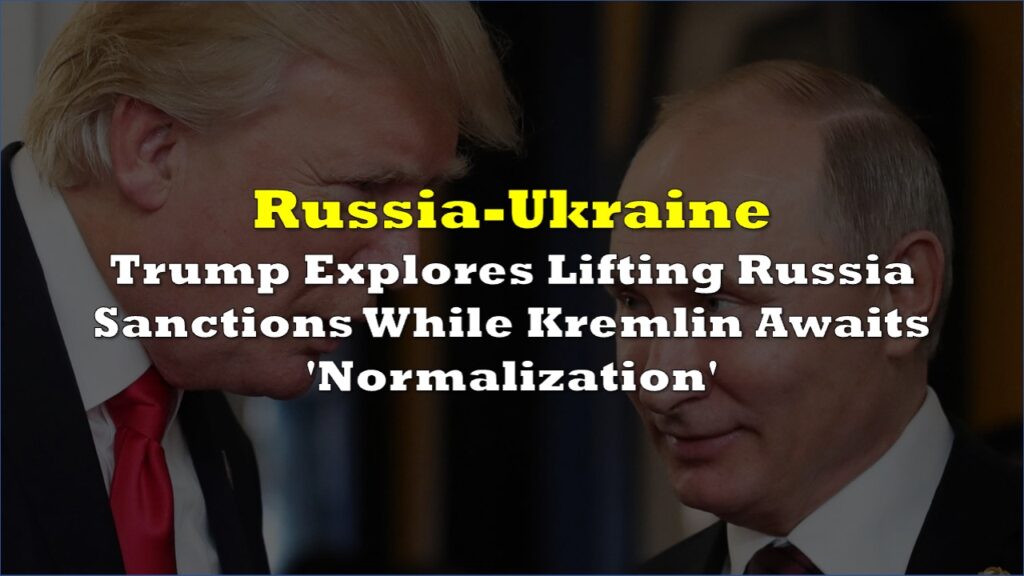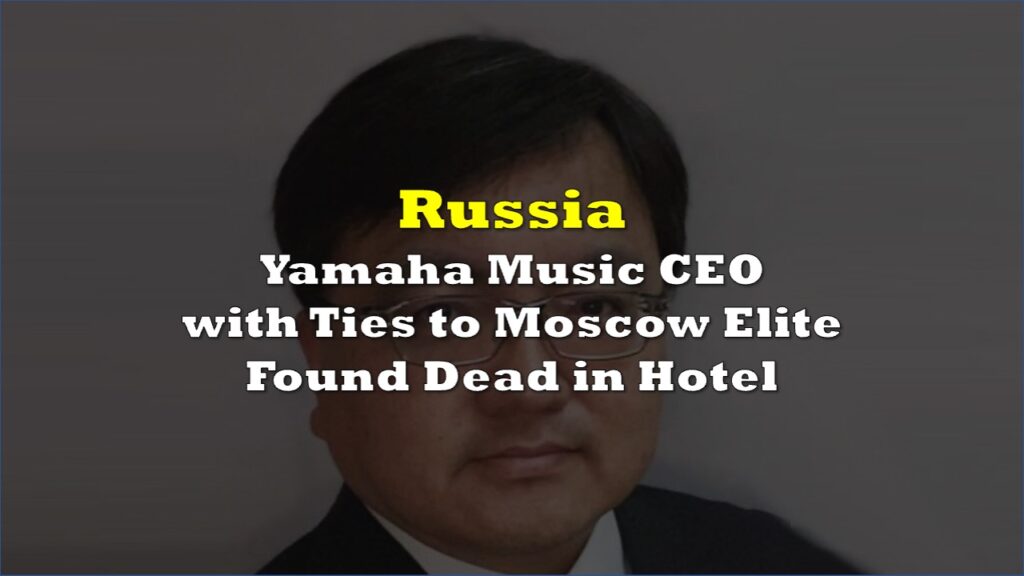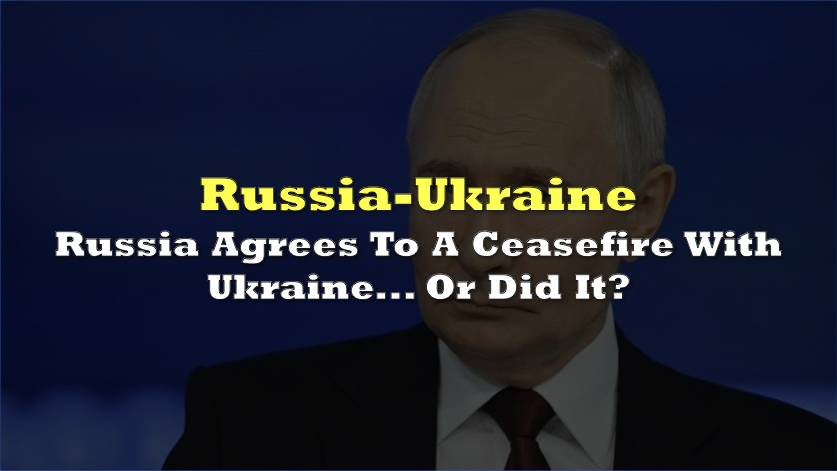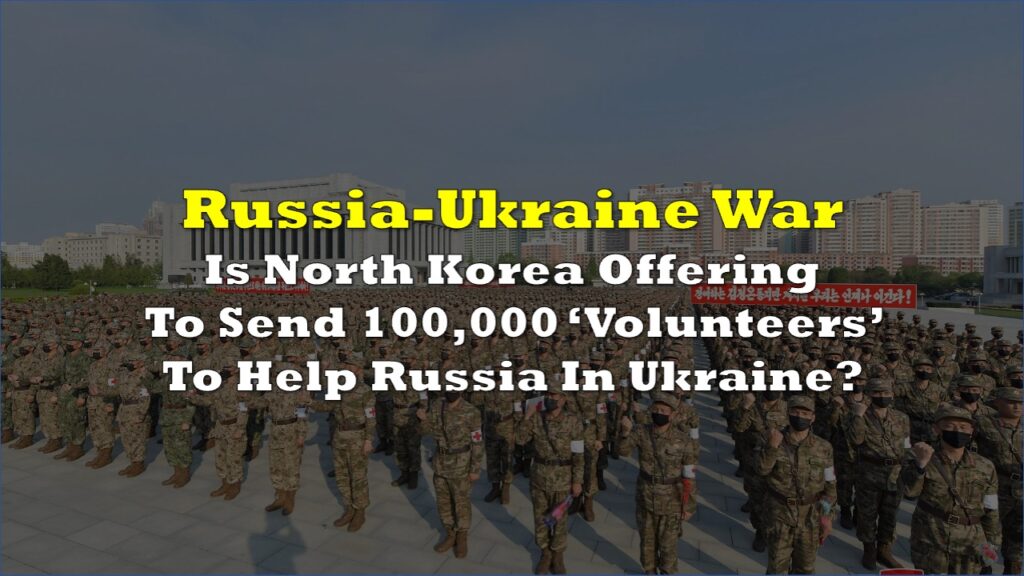Switzerland’s long-standing tradition of “neutrality” may soon come to an end as calls for a pro-Ukraine shift in public and political moods increases pressure on the government to stop its ban on exports of Swiss weapons to war zones.
Under the principle of Swiss neutrality — which goes as far back as the Treaty of Paris in 1815 — Switzerland is not allowed to send weapons, whether directly or indirectly, to nations involved in a war. It also has a separate embargo on arms sales to Ukraine and Russia.
In the latter part of 2021, the Parliament amended the Swiss War Material Act to ban arms exports without exception if “the country of destination is involved in an internal or international armed conflict.” And after Russia attacked Ukraine in February 2022, this meant that no country can re-export Swiss-bought armaments to help Ukraine.
Holy shit. Russia’s horrific and misguided invasion will even end Swiss neutrality? https://t.co/6v7F01J5ab
— a fella against fascism (@allabouttheben_) February 7, 2023
Because of this, the country’s arms exports industry has begun drying up. Representatives of the industry are calling on the government to allow them to sell arms to NATO countries, including those who are involved in a conflict. While Switzerland’s European neighbors, particularly Germany, Spain and Denmark, are calling on the government to allow them to pass on arms to Kyiv, as Russia’s attacks intensify.
Lawmakers are divided on the issue: some see this as supporting Russia and not being neutral, while others argue that Swiss neutrality should not prevent other countries from supporting Ukraine and ensuring the security and stability of Europe.
“We shouldn’t have the veto to stop others [from] helping Ukraine. If we do that, we support Russia which is not a neutral position,” Thierry Burkart, leader of the center-right FDP party, told Reuters. Burkart has submitted a motion to allow arms re-exports to nations with similar democratic values to Switzerland.
“Other countries want to support Ukraine and do something for the security and stability of Europe… They cannot understand why Switzerland has to say no.”
A growing number of Swiss voters agree. Sotomo, in a poll published on Sunday, found that 55%, or a majority of the respondents, are in favor of allowing re-exports of weapons to Ukraine. Neutrality has been so deeply ingrained in the Swiss consciousness that these numbers would’ve never been possible before the war in Ukraine.
Switzerland’s new rules on exports respond to a moral dilemma. Before the law was amended, so long as no war will be supplied, and it gets to keep its neutrality — or its notion of it — it didn’t really matter who was buying.
In 2021, the industry posted record export figures, largely propelled by deals with Qatar, which was then arming itself to protect attendees of the 2022 World Cup. While the Gulf State was not in any war, having already walked out on its military alliance with Yemen, it is known for its systemic violation of human rights. Its management of the World Cup, in particular, was full of controversies, particularly in the treatment and deaths of thousands of migrant workers who helped build the stadiums.
Switzerland also exported weapons to Brazil where racially-driven police and military violence is off the charts — where “four children and young people die every day in Brazil at the hands of the police and military,” according to a report by children’s aid organization Terre des Hommes Switzerland.
While that has now ended, there is still the issue of Ukraine, which has been fighting off Russia’s assault for almost a year.
Some also believe Swiss neutrality could be the very thing that will undermine its own security. They say that if the Swiss arms exports industry can no longer export their goods, the industry won’t just fall but it will also no longer be able to support the country’s military.
“Our current situation weakens our security policy…hampers the credibility of our foreign policy and damages our companies,” Stefan Brupbacher, director of the industry association SwissMem told Reuters. “It’s time to change.”
Information for this story was found via Reuters, SWI, and the sources and companies mentioned. The author has no securities or affiliations related to the organizations discussed. Not a recommendation to buy or sell. Always do additional research and consult a professional before purchasing a security. The author holds no licenses.









